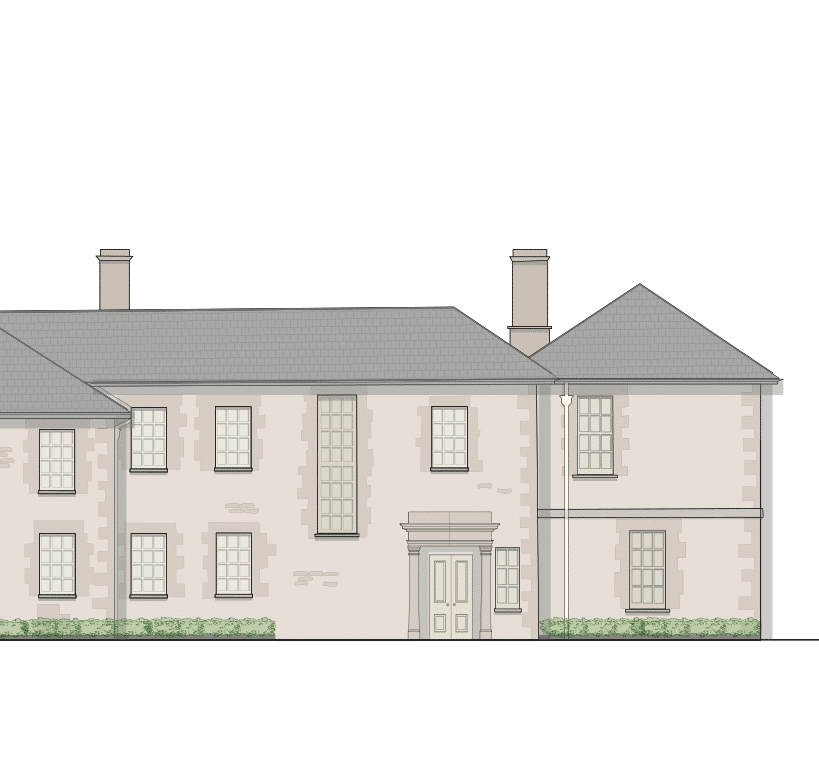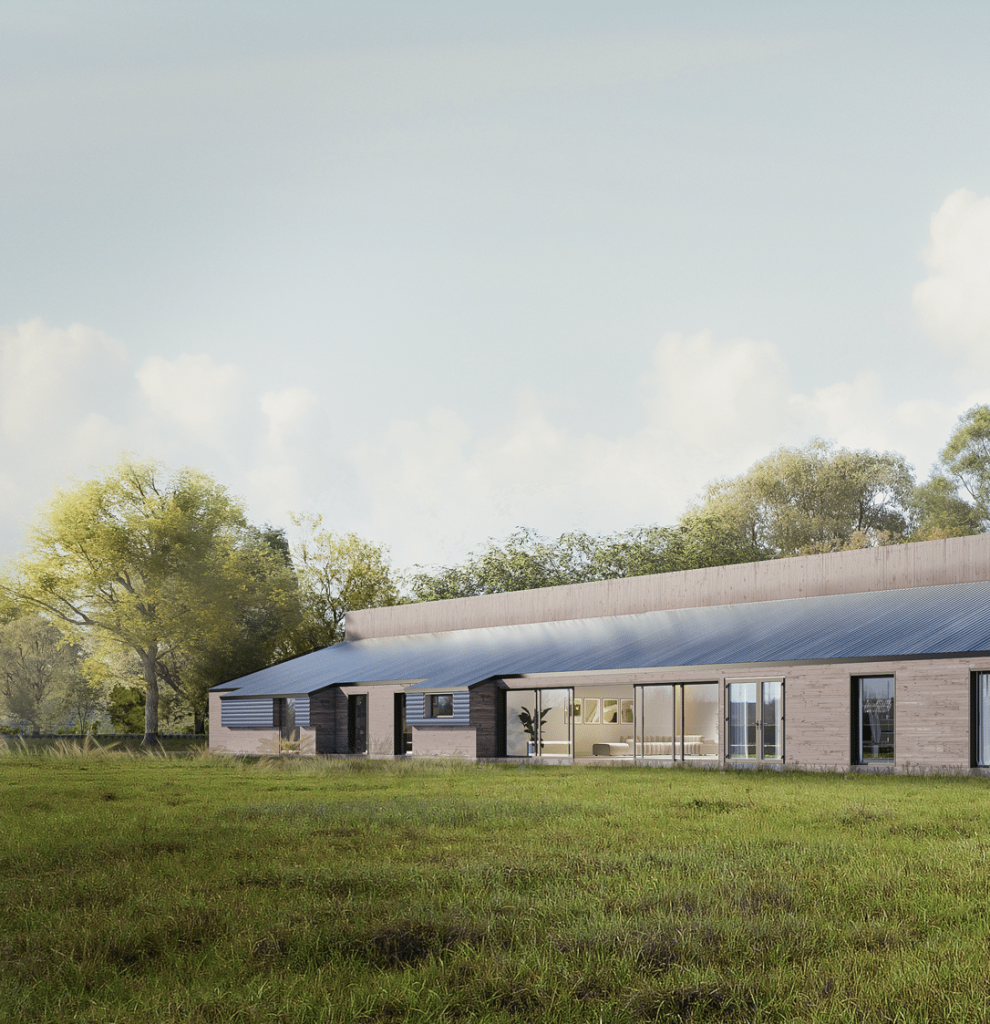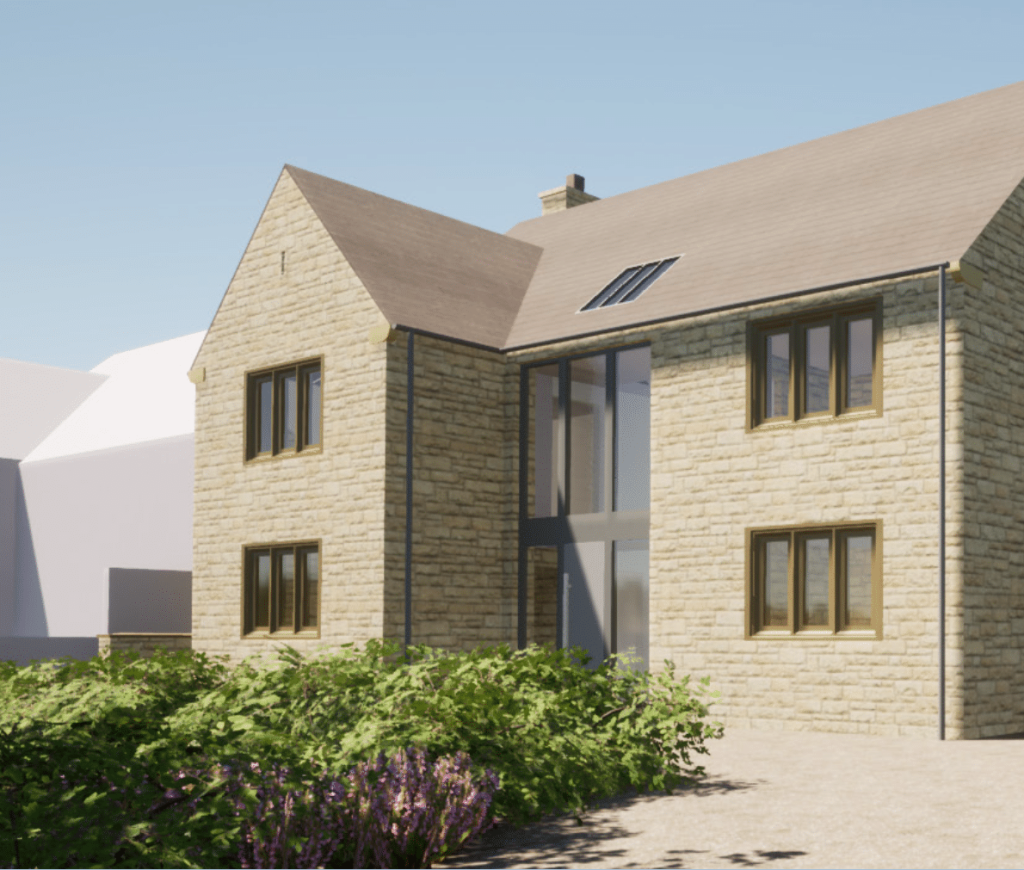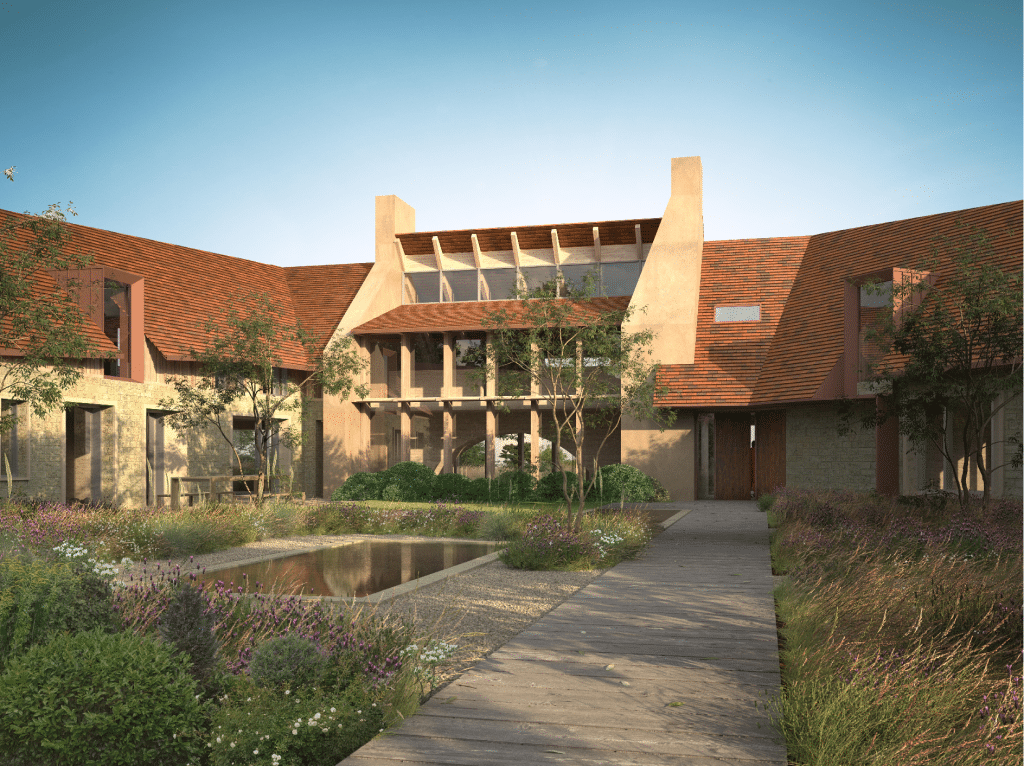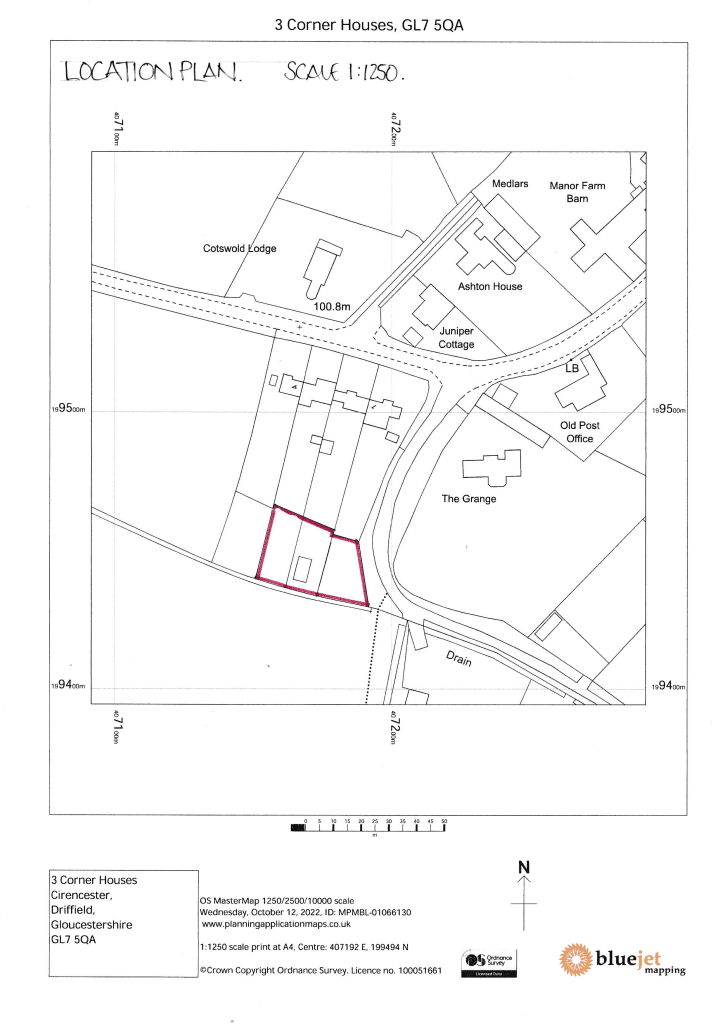Yes, you heard it right!
Town planners used to be Olympians (in the non-sporting events that is) and were rewarded Olympic Bronze, Silver or Gold medals for their efforts in urban developments for this iconic international sporting event.
Town Planners Going For Gold – How Did This Start?
During the 4 Olympic Games (Amsterdam, Los Angeles, Berlin and London) between the years 1928 – 1948, medals were rewarded to town planners for an array of projects they helped to develop and produce in the run-up to the Games. Such included the development of stadiums, sports fields and training centres. The interesting thing was that town planning was categorised under architectural design for the Games – there was no separation of the two. This makes for an interesting insight and poses the question that if there were to be a modern version of town planning being an Olympic sport, it would have its own category due to the differentiation of servicing it offers from architecture.
A Modern Town Planning Olympics
While architectural design is considered in the planning system, there is so much more that the system involves for planning works to take place, such as the functioning of a space to work sustainably for communities, while maintaining the historic beauty of the land. For instance, with a new Olympic Games to take place, thought would need to be considered for residential space, retail, and educational & health environments, along with transport and public use on green spaces.
For a modern town planning Olympics, medals could be rewarded for:
- The most sustainable build for a sporting event.
- Conversion of a heritage site to meet sporting needs, while maintaining its historic beauty.
- Urban regeneration projects to build a space fit for sporting and in the future for public use and sustainable growth.
Repurpose of Olympic Parks
Over the years the Olympic Parks have been repurposed to make use of the space so it doesn’t become derelict and that the community can enjoy and take pride in using facilities and surroundings that hold such significant value.
Tokyo 2020
- Social and community environment: it has been utilised for family sporting events.
- Residency and commercial use: the Olympic Park has been converted to accommodate and provide leisure activities.
- Reuse of materials: dismantled components have been distributed to local governments to use for various facilities at schools and parks.
Rio 2016
- Underutilised venues: A lot of the Park has become underused with maintenance of infrastructure posing a problem.
- Residential: west of the Park shows a conversion of new housing units which connects well with their Bus Rapid Transit service.
London 2012
- Collaborative hubs: the media and broadcast centre at Here East of the Park has a community of over 6,500 working, studying and collaborating.
- Higher education: UK educational institutions have now developed new campuses in the Park
- Housing: Stratford in East London has been affected with private investments coming in to intensify development opportunities. However, new housing supply at the athlete’s former village may pose the threat of gentrification, leading to prices rising.
So…
What has the Olympics in Paris got in store for regeneration and repurpose after the Games take place? Could it be new residency, utilisation for educational purposes or will it be a community space for those to gain an essence of Parisian lifestyle and enjoy a pain au chocolat or two? As town planners, we are eager to see due to the complex changes that this big worldwide event takes hold of, as development and infrastructure will impact all aspects mentioned, such as public service, the environment, commercial, transport and more.
Resources

